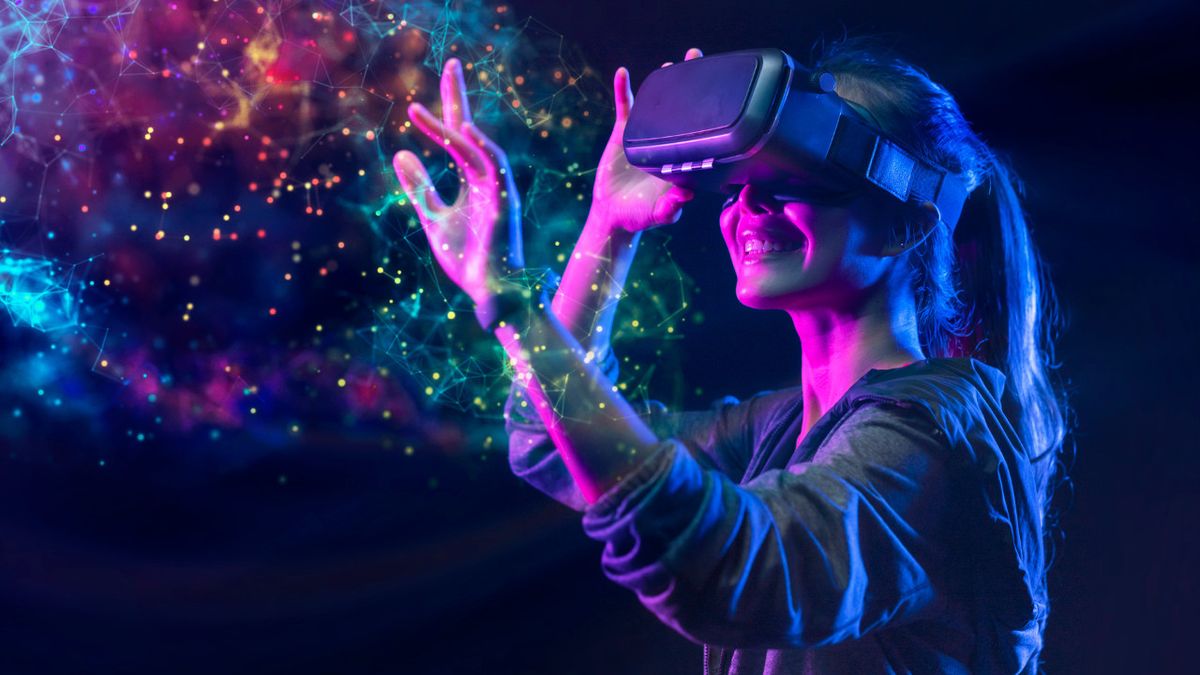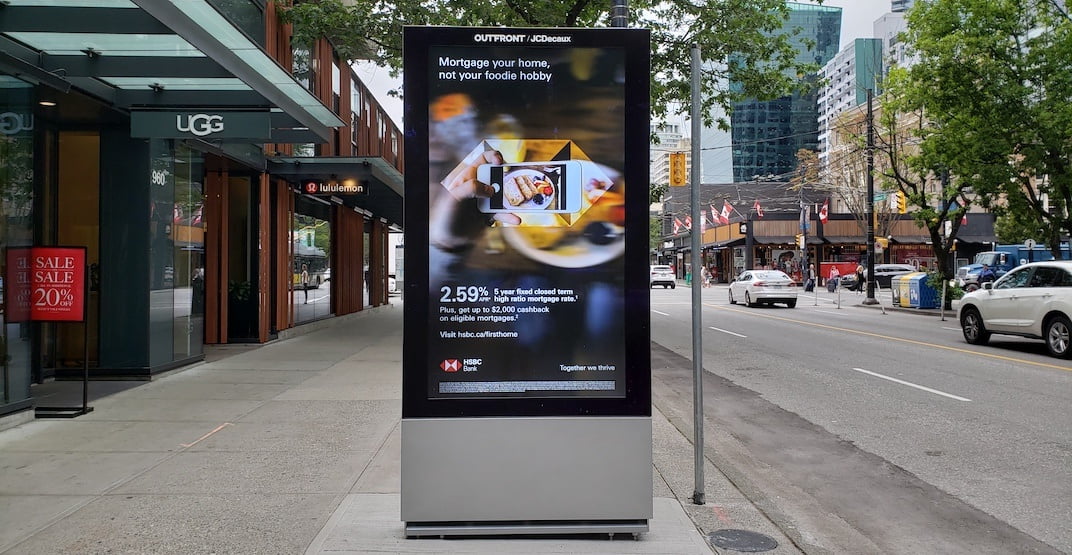⏱️ Read Time: 5 minutes
Virtual reality is no longer a concept from science fiction. In 2025, it's a fast-growing, mainstream technology used in gaming, education, therapy, design, and even fitness. Devices like Meta Quest 3, Apple Vision Pro, and Pico Neo are pushing VR into homes, offices, and schools — offering immersive, 360-degree experiences that blur the line between the digital and physical. But like any transformative tool, VR comes with both promises and pitfalls.
The Benefits: More Than Just Gaming
VR has revolutionized entertainment, offering users the ability to step inside their favorite games, concerts, or virtual worlds. But its real strength may lie beyond fun. In education, VR enables students to explore ancient civilizations, the human body, or space in fully immersive environments. In healthcare, surgeons use VR simulations for training, and therapists apply VR exposure therapy to treat PTSD, anxiety, and phobias. The technology is not just novel — it's powerful.
Remote Collaboration Reimagined
As remote work continues post-pandemic, VR offers new ways to collaborate. Instead of flat Zoom calls, teams can meet in 3D workspaces where presence and movement replicate in-person dynamics. Companies like Microsoft and Meta are investing heavily in the "metaverse for work" — aiming to replace standard video calls with immersive virtual offices. For design, architecture, and engineering, VR tools allow real-time modeling, walkthroughs, and feedback, reducing costly miscommunication.
Fitness, Accessibility, and Empathy
Surprisingly, VR has carved out space in physical wellness too. Apps like Supernatural and FitXR turn cardio into game-like routines in virtual landscapes, making exercise more engaging. VR also opens new doors for people with disabilities, allowing them to experience environments and activities that may be limited in the real world. And when used thoughtfully, VR fosters empathy — by letting users experience life from another person's perspective, including simulations of vision or mobility impairments.
The Risks: Health and Detachment
But VR is not without consequences. Prolonged use can lead to eye strain, motion sickness, disorientation, and even "VR fatigue" — a type of mental exhaustion caused by extended immersion. There's also concern over psychological detachment; users, especially young people, may become so engrossed in virtual spaces that they disengage from real-world relationships, routines, or responsibilities. Some experts warn that frequent VR use could amplify existing issues like social anxiety or escapism.
Privacy, Addiction, and Data Exploitation
Like all digital platforms, VR environments come with data collection concerns. Headsets track not only voice and activity but also eye movement, facial expressions, and hand gestures. This biometric data could be used to profile users or even manipulate behavior. Additionally, as VR social platforms grow, they bring risks of harassment, addiction, and exploitative monetization — especially when moderation struggles to keep up with the immersive, real-time nature of interactions.
Where VR Is Headed Next
The future of VR looks increasingly wearable, lightweight, and intelligent. Eye-tracking, full-body motion capture, and AI-driven avatars are expected to become standard. More realistic haptic feedback will allow users to "feel" virtual objects. 5G and cloud rendering will reduce hardware requirements, making high-end VR accessible without powerful PCs. Analysts expect a surge in hybrid AR/VR devices, like Apple's Vision Pro, blending physical and virtual layers into everyday life — not just play.
Conclusion
Virtual reality offers more than just entertainment — it holds the potential to reshape how we learn, connect, heal, and create. But the technology also challenges our health, privacy, and sense of reality itself. As VR rapidly evolves, the goal should not be to escape the real world — but to enhance it responsibly. Used wisely, VR can be one of the most transformative tools of our time. Used blindly, it could be just another distraction dressed in high-tech polish.



